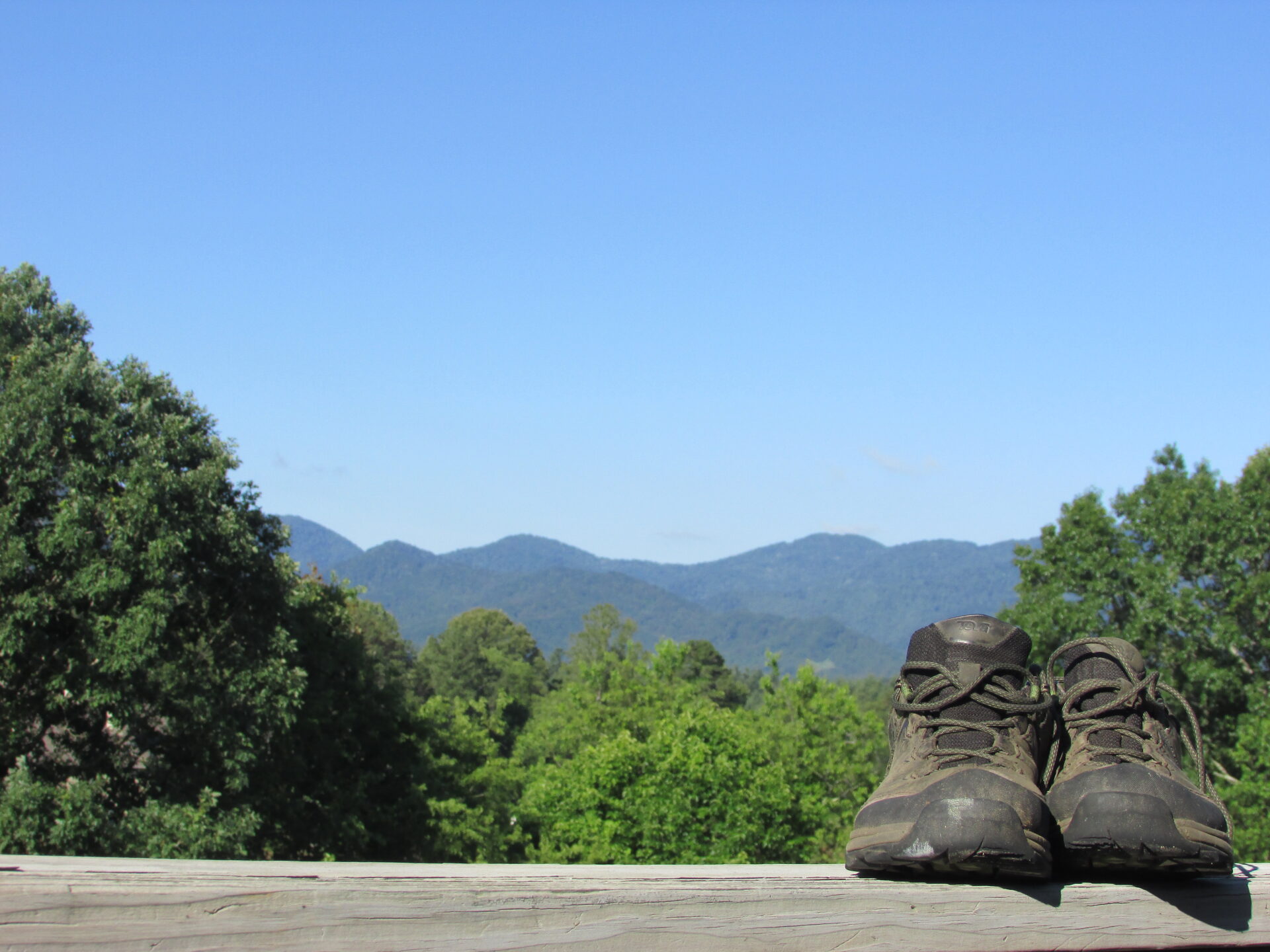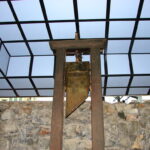My grandfathers’ lives had a greater degree of integrity than mine. By integrity I do not mean the suggestion of morality and righteousness frequently invoked by politicians. That brand of integrity also crops up at funerals—and it did at my grandfathers’. I loved them both, and so I am not interested in judging their lives based on an abstraction. The integrity I am speaking of is tangible and twofold.
First, from my vantage point, it appears that several elements of my grandfathers’ lives coalesced into a relatively integrated whole. Each man’s way of living created a tight weave out of the strands of his life. This means, of course, that some things were left out or excluded. But the things their lives included seem to me to have been wound into tight feedback loops. Many of their activities complemented one another. For each of them, the work of growing food generated hunger that that food fed. That and other work also led to fatigue; up until their final years, they slept well at night because they were tired, and because their work required that they be rested. Though my wife and I set food production as a priority, the loops of our lives still sprawl by comparison. We enjoy a higher standard of living, but there is a coarseness and vulgarity to having to trade so much of our time for the ability to purchase the consumables my grandfathers generated themselves or did not need.
Second, my grandfathers spent more of their time on the things integral to life: food, shelter, and warmth. One was a farmer. But for me, his life was defined by trees. From his own forests, he felled and milled the lumber for barns and outbuildings as well as for the house in which I grew up. What wholesomeness. The other built several houses, including two of his own, and made furniture. He also fiddled, and in so doing he produced a significant proportion of his own entertainment. What elegance. Both men knew their way around a woodstove and all the sawing, splitting, hauling, and stacking that comes before ignition.
It is my privilege to be able to purchase Pressure Treated dimensional lumber and Oriented Strand Board (OSB) from a Home Improvement store within a dozen miles of a home I am buying from my bank a month at a time. I can flip a switch and heat my home. I am grateful for options my grandfathers didn’t have, but I’m also wary of the complications behind and underneath such convenience. What kind of treatment might I require someday after handling too many WeatherShield™ boards? What blasted West Virginia mountain makes it possible for me to heat my home with an electric heat pump? Those bargains conceal their cost. As models, my grandfathers’ lives give a clearer accounting of the math at the heart of every life. By comparison, mine is a more expensive way of life that, paradoxically, discounts and obscures the transactions that sustain it.
That said, I am not fully modern. My grandfathers’ legacies—genetic and cultural—manifest in some predictable ways: I garden, I heat with wood, and I’d rather build it than buy it. There are also some surprises. Sometimes I am the surprised one. And now I have arrived at what I’ve been preparing to say: in the wake of my grandfathers’ deaths, I have come to understand why I am not a fan of hiking. I would like now to own and explain my disinclination.
My personal nightmare of a hike is to sally forth after lunch on a late July afternoon and drive half an hour or more away to an out-and-back hike I have done before. No thank you very much.
Some of this is pure cantankerousness. More of it, I contend, is rational. My reasons are many, and all personal:
- For my leisure, I simply have other preferences: either near-inactivity (sitting in the shade; reading a book) or play (softball, frisbee, yard games, etc.).
- I do not have the mental fortitude or creativity to overlook the inefficiency of an out-and-back. On the way out, a voice in my head persistently reminds me that on the way back I will have to re-take each step I am taking. Loops are better, but I still have trouble walking away from my destination.
- Hiking tempts me to purchase gear like overpriced boots, daypacks, trekking poles, etc. I imagine that new, better gear and gadgets might improve my experience.
- Some will say, “but hiking is such good exercise.” My response is that like my grandfathers, I would prefer to integrate exercise into the pattern of my life rather than adding it as an additional component that brings new expenses. There is work I can do at home, in the cool of the morning, using and wearing things I already own. What’s more, that work probably needs doing; thus, I sometimes feel guilty about hiking when it means that the weeds will be stealing their own march on me.
- Further, “exercise” cuts against my life’s current calorie paradigm. My fire already burns hot enough to consume what I take in. (#humblebrag)
- Others will offer that it is good to “be out in nature.” I would try to point out, without being snarky, that the day-hike, as a brief and occasional encounter with nature, is not the relationship I am after: I am striving for a committed, working relationship with what ecocritic Scott Hess has called “everyday nature”: “the unspectacular, developed, aesthetically ordinary environments where most of us live and work” (ISLE 17.1, 85-112).
That last point includes room for some activities that resemble the hike: The sauntering Thoreau describes in “Walking”—daily, four-hour wanderings of his immediate surroundings—and Wendell Berry’s famous Sabbath rambles, for example. I would include as well the very slow hiking my maternal grandfather carried out while toting a shotgun or rifle through the wilder acres of his farm. His hunting fit the pattern of his life and deepened his sense of place. My fear is that my hiking often does not, and I would prefer not to hike if doing so diminishes the already limited integrity of my life.







1 comment
Tom Glasscock
An excellent essay. Thank you.
Comments are closed.